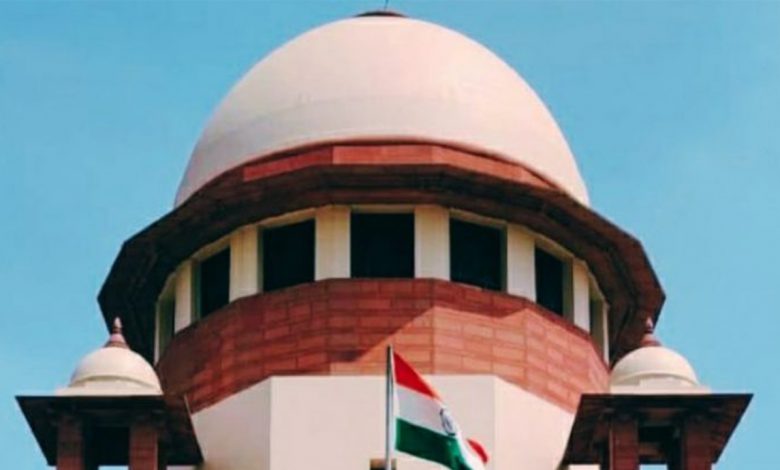Daily Current Affairs for UPSC
Judicial Majoritarianism
Syllabus- Executive and Judiciary [GS Paper-2]

Context– As the recent majority judgment of the Supreme Court on demonetisation comes under criticism, the minority judgment by J. Nagarathna is being hailed for its challenge to the institutional acquiescence of RBI to the Central government.
Key Highlights
- As opposed to standard matters heard by Division Benches consisting of two judges, numerical majorities are of particular importance to cases which involve a substantial interpretation of constitutional provisions.
- In such type of cases, Constitutional Benches, consisting of five or more judges, are set up in consonance with Article 145(3) of the Constitution.
- These Benches usually consist of five, seven, nine, 11 or even 13 judges.
- It is done to facilitate decision-making by ensuring numerical majorities in judicial outcomes.
- The requirement for a majority consensus flows from Article 145(5) of the Constitution which states that no judgment in such cases can be delivered except with the concurrence of a majority of the judges but that judges are free to deliver dissenting judgments or such opinions.
Concerns
- The provision was passed by the Constituent Assembly without much debate and displays a tacit acceptance of simple numerical majorities in judicial decision-making by the Assembly.
- It is also possible that the majority may fall into either methodological fallacies and errors or be limited by their ‘judicial hunch’ respectively.
- In such situations, a meritorious minority decision, irrespective of the impeccability of its reasoning, receives little weightage in terms of the outcomes.
Suggestions
- It is pertinent at this stage to raise the question, however, as to why numerical majorities of judicial bodies are accepted without such debate.
- There is also a need to reflect upon the concept of judicial majoritarianism.
- The academic discourse on this aspect is still nascent and developing.
- As pending Constitutional Bench matters are listed for hearing and judgments are reserved, it must reflect upon the arguments of judicial majoritarianism on the basis of which these cases are to be decided.





.png)



